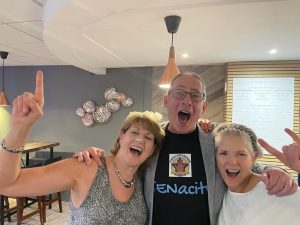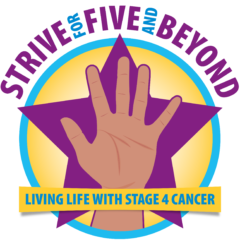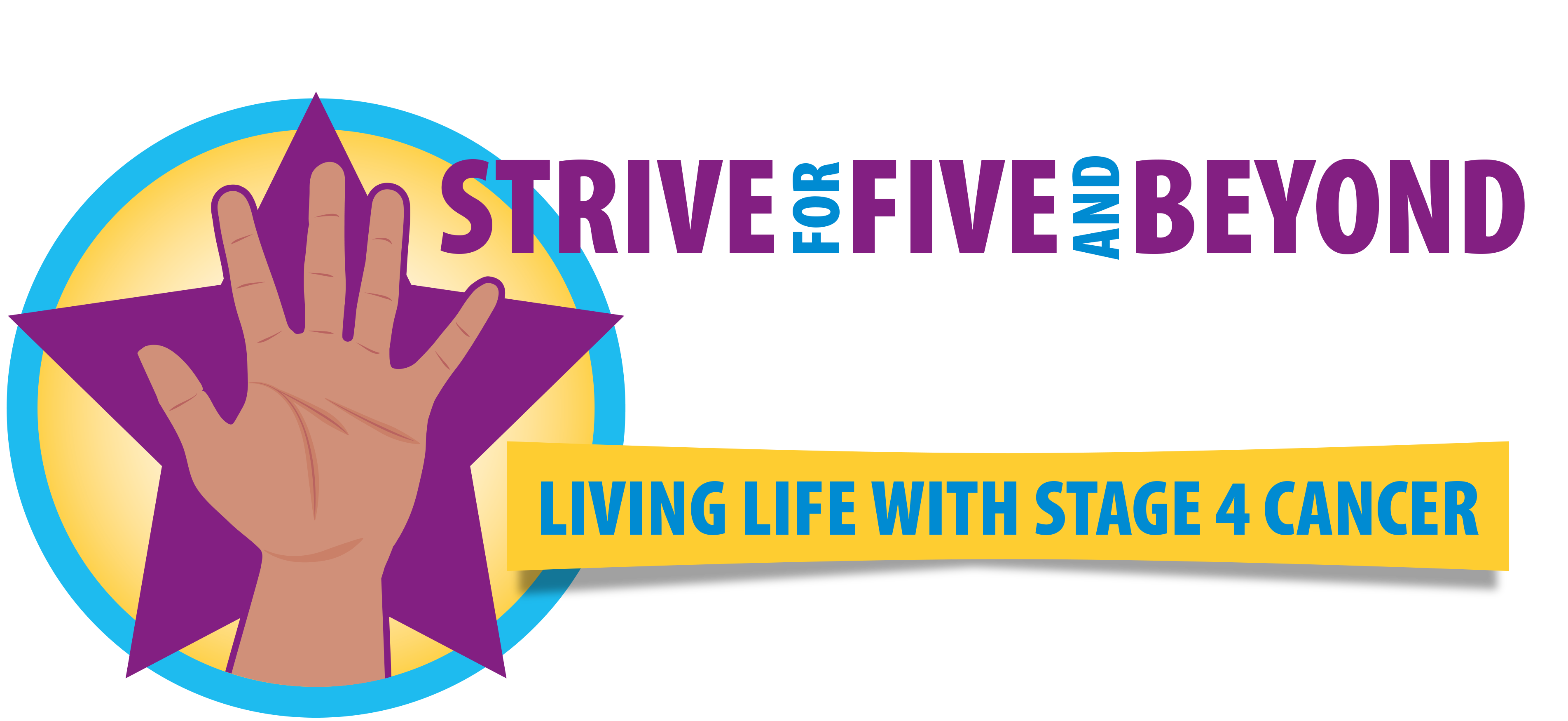
At the start of 2013 I was fit, healthy and strong. I was a 40-minute 10k runner, a mixed martial artist and was studying yoga, I could be found in the gym most days and ran a successful consultancy business. I had not been to the GP for over 7 years and had no idea how much my life was about to change.
Initially all that happened was that I was going to the toilet more frequently After some lifestyle tweaks in late April I went to the GP, a locum, who said “just to reassure you this isn’t cancer”, even though I hadn’t raised the question. He tested me for a bowel infection which came back negative. The next GP did blood tests which were normal so I was referred for a colonoscopy. Because I paid for private health insurance this was done quite quickly and after the test the gastroenterologist said he had found “an area of ulceration” which he biopsied and wanted me to go for a CT scan.
My world changed in May 2013 when I went to see the gastroenterologist for my results. Because I expected to be told it was something along the lines of ulcerative colitis I went to the appointment on my own. Hearing the words “you have cancer” was a total shock and rocked me, but that being followed by the news that it had already spread to my liver and both lungs left reeling. I was 49 years old and had stage 4 colorectal (bowel) cancer and I thought my life was over. The gastroenterologist however was incredibly supportive and told me that the multidisciplinary team had already met, and they were going to aggressively treat the cancer and give me the best chance possible as I was so healthy. It all started quickly, only four days later I was in hospital for major surgery to remove a large part of my bowel.
My surgery, a Lower Anterior Resection, was successful and I did not need to have even a temporary stoma. This shows the skill of my surgeon as the tumour was very large – the average size of a bowel cancer tumour is less than 2cm, but mine was over 20cm long and 6.5cm wide, the next day my surgeon said “it was like a large German sausage”!
Recovery from the surgery took two months and I was so lucky to have friends and family to support me through this period as I was not able to even lift a kettle for some time. Once I recovered, I went to see my oncologist and, following another CT scan, was told that the cancer was very aggressive and the 8 lung metastases had each grown to 2-3cm in size, making surgery impossible at that point. In July 2013 I started intense chemotherapy every two weeks for 6 months with the aim of shrinking the lung tumours to a size that could be operated on. This was a challenging proposition because I had many misconceptions about what chemotherapy is like and approached my treatment full of fear, but thanks to a team of nurses who were warm and supportive, along with my wonderful friends, I got through the treatment without having to miss a single treatment. In December 2013 I got amazing news that, in the words of the radiologist in the report, “the cancer had disappeared”! I did not realise that chemotherapy could be that successful, and the planned surgery was cancelled for the best possible reason. My chemotherapy included a drug called bevacizumab which was only available on the NHS through the Cancer Drugs Fund, luckily my private insurance funded it as the CDF was abolished soon afterwards.
Following this successful chemotherapy I asked my oncologist about my prognosis and was stunned to hear that despite the successful treatment he could not see beyond 12-18 months. I decided to set that as a target to beat! In January 2014, I started on what was a new concept at that time called maintenance chemotherapy to help control the cancer and, following many tweaks I am still on the same regimen (this includes bevacizumab which as of 2024 still has only very limited availability on the NHS for this indication) and am proud to have continued to beat the odds thanks to great healthcare.
While being on maintenance chemotherapy I’ve had several recurrences but they have al been manageable. Most have been lymph nodes and resolved thanks to continuing the maintenance chemo. I’ve had lots of “shadows” and “nodules” that appear on one scan but vanish by the next, who knows if they were cancer or if that’s just what the body normally does, the key thing was they were nothing to worry about, that is why doctors often employ “watchful waiting” as a positive tactic. I had one recurrence that required surgery, a lung nodule was zapped using ablation surgery – it felt a bit like science fiction as I was inside a CT scanner in the operating theatre and they used the scanner to guide the laser into the tumour to burn it from the inside!
Following the lung surgery I have had no more recurrences and have had clear scans for the past 7 years I have stage 4 cancer but I am now NO EVIDENCE OF DISEASE!
Since my diagnosis I have been determined to show that “a diagnosis of stage 4 cancer doesn’t have to mean the end of life, rather it can be the reason to start living it”. I have travelled the world with my friends, including yoga in Bali, walking in the Borneo rainforest and sailing the Mekong Delta in Vietnam; I have qualified as a yoga instructor; I set up a new, successful consultancy practice and adopted two rescue dogs Pippa, who passed away last year and the bouncy Tommy.
I have been dedicated to helping my fellow patients on forums and through various charity activities. In 2017 I set up www.StriveForFive.org, originally to show that people with stage 4 cancer do live to the “magic” five-year mark. Strive for Five has since evolved into a not-for-profit project with the mission to give hope to people with stage 4 cancer and to advocate for improved care for those with advanced cancer. The website is packed with free resources for patients and has a global footprint. I am proud I have been able to help and support thousands of people going through their cancer journeys.
I am an active patient advocate. I am a regular speaker for audiences of patients, healthcare professionals, researchers, and industry representatives as well as volunteering with several charities including several roles Cancer Research UK including being a Campaigns Ambassador, a member of the Research and Strategy Insights Panel and a Patient Representative on the Expert Panel for the CRUK Research Fellowship. I am also a patient representative to several studies and study groups and has been co-author on a number of papers, with a particular focus on improving the way that healthcare professionals communicate with their patients as this is often neglected.
When I was diagnosed, the 5-year survival rate for stage 4 bowel cancer was 5%, yet I am still here 11-years after my diagnosis as part of the growing number of people who are proving that retrospective statistics are not predictors of individual outcomes, and that research is providing advances in care that leads to more and more of us leading not just longer lives, but fulfilling and fun-filled lives.
I am determined to make the most of what I call “my bonus years” by making a positive difference in cancer care. In this way I also feel I can honour those who have not been as fortunate as me in terms of treatment success, which I why I want to ensure the best treatment approaches are available equally to everyone.
You can see what I am up to on the activities tab.
You can watch and listen to more of my story in the VIDEOS and PODCASTS on the resources page.
“I truly believe that a diagnosis of stage 4 cancer does not necessarily mean the end of your life, it can be the reason to start living it.”
Here are some of Steve’s achievements since he was diagnosed. These are included here to emphasise that being diagnosed with Stage 4 bowel cancer doesn’t have to mean the end of life, far from it!

